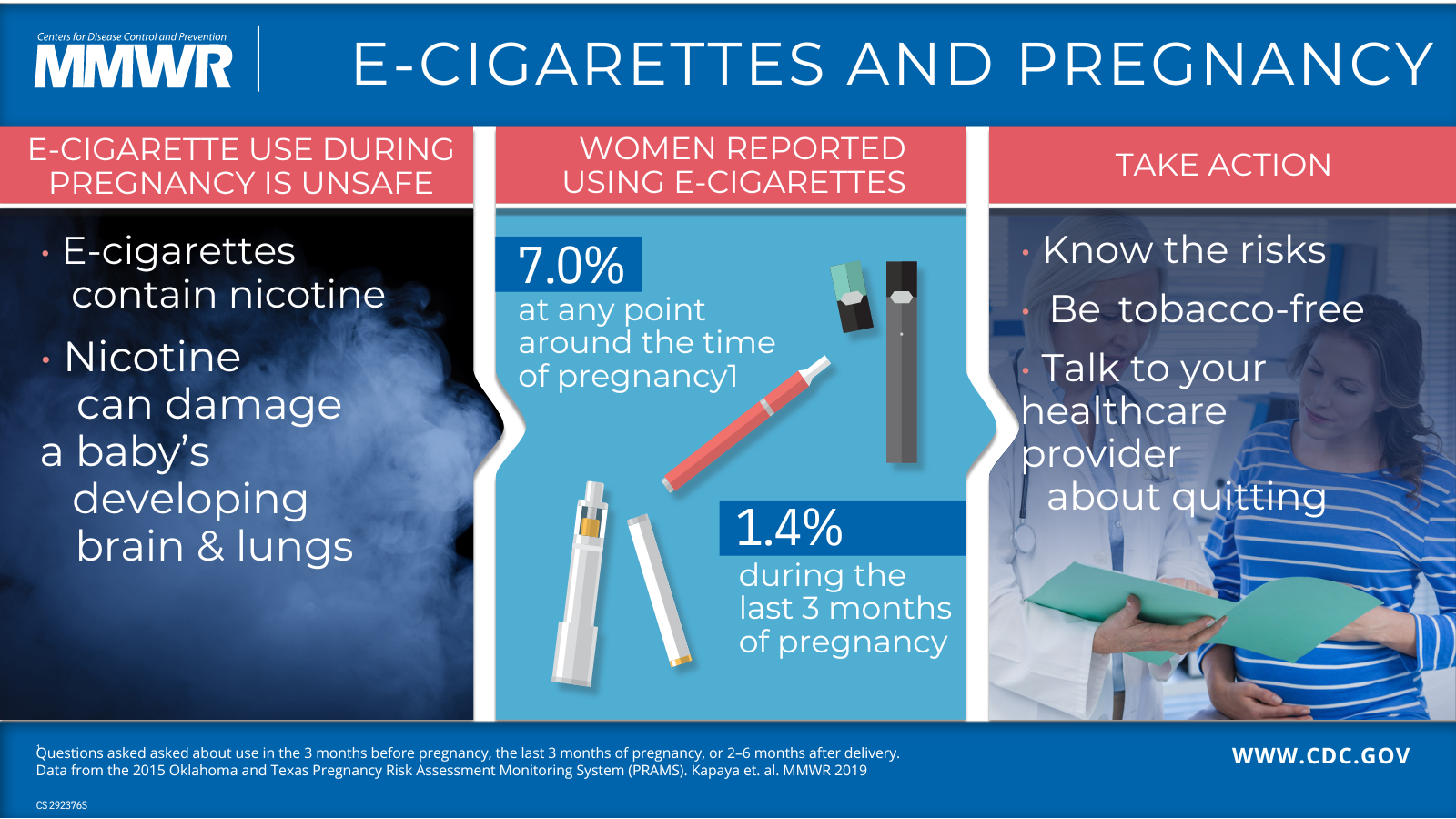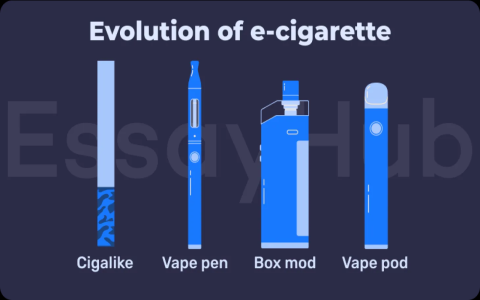Electronic cigarettes (e-cigarettes or vapes) are not safe to use during pregnancy. Exposure to the aerosols from e-cigarettes can pose significant health risks to both the pregnant individual and the developing fetus.
Risks to the Developing Fetus and Newborn
The use of e-cigarettes during pregnancy is associated with several adverse outcomes:

- Nicotine Exposure: Most e-cigarettes contain nicotine, a highly addictive substance that is toxic to developing fetuses. Nicotine can cross the placenta and negatively impact fetal brain and lung development. It can also affect the baby’s heart rate and blood pressure.
- Impaired Fetal Growth: Nicotine and other chemicals in e-cigarette aerosol can restrict blood flow to the placenta, potentially leading to low birth weight and preterm birth.
- Increased Risk of Stillbirth and SIDS: Exposure to nicotine during pregnancy has been linked to an increased risk of stillbirth and Sudden Infant Death Syndrome (SIDS).
- Long-Term Developmental Issues: Prenatal nicotine exposure may contribute to attention deficits, learning disabilities, and behavioral problems in children.
Harmful Components in E-cigarette Aerosol
Beyond nicotine, e-cigarette aerosol contains other potentially harmful substances:
- Volatile Organic Compounds (VOCs): Some VOCs found in e-cigarette aerosol are known carcinogens or can cause respiratory irritation.
- Flavoring Chemicals: Many e-liquid flavorings, while considered safe to ingest, can be harmful when inhaled. Some flavorings have been linked to lung inflammation and damage.
- Heavy Metals: Trace amounts of metals such as nickel, tin, and lead can leach from the heating coil into the aerosol and be inhaled.
- Ultrafine Particles: These particles can be inhaled deep into the lungs and may cause inflammation and other systemic health issues.
Recommendations for Pregnant Individuals
The safest approach is to avoid all e-cigarette use during pregnancy and while breastfeeding.
- If you are pregnant and use e-cigarettes, or are trying to quit traditional cigarettes, consult your healthcare provider. They can offer guidance and support for evidence-based, safe cessation methods.
- Avoid exposure to secondhand aerosol from e-cigarettes, as this can also be harmful to you and your developing baby.
- Be aware that e-cigarette products marketed as “nicotine-free” may still contain nicotine or other harmful chemicals due to mislabeling or contamination.
Prioritizing a smoke-free and vape-free environment is crucial for a healthy pregnancy and the well-being of your baby.










